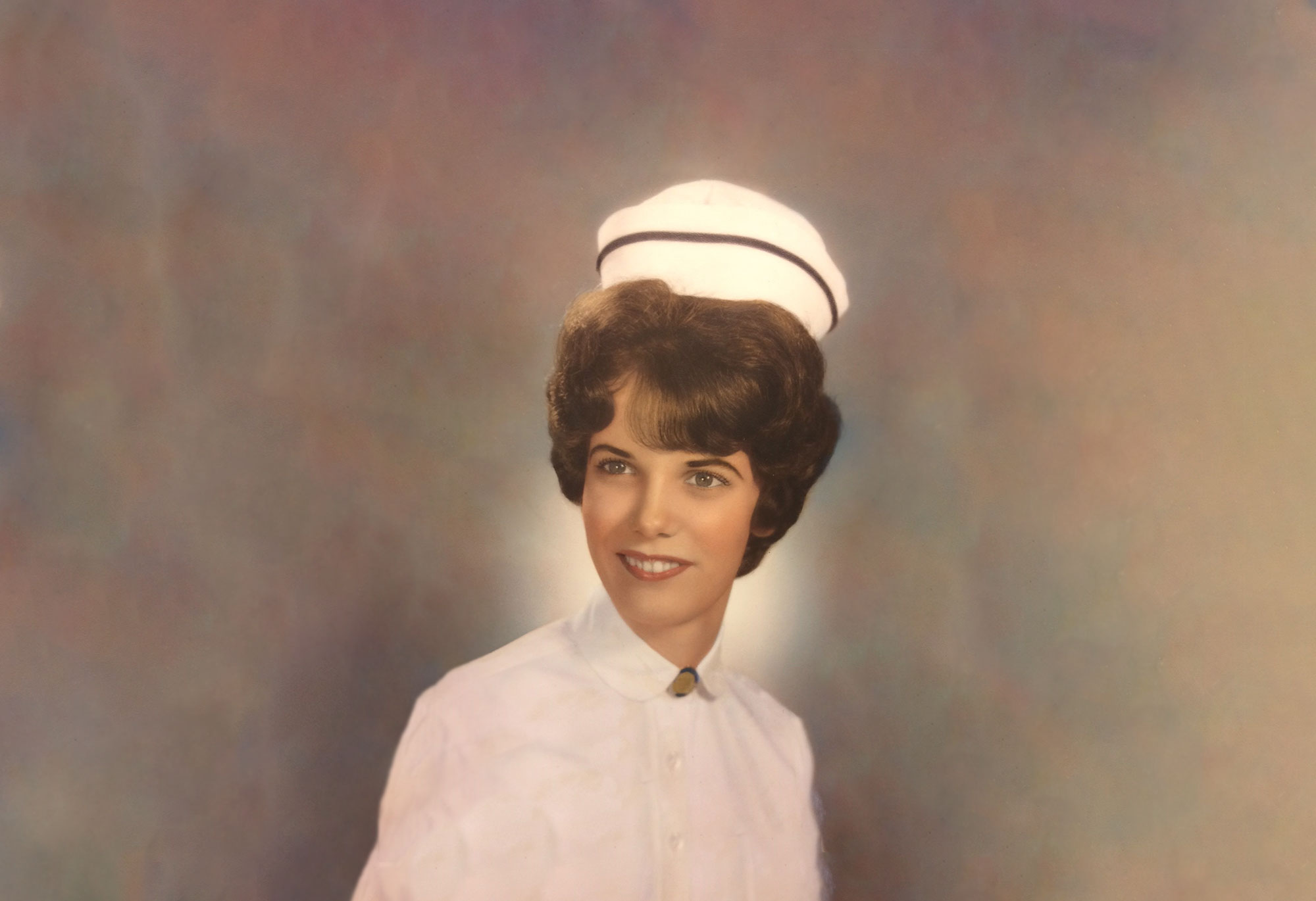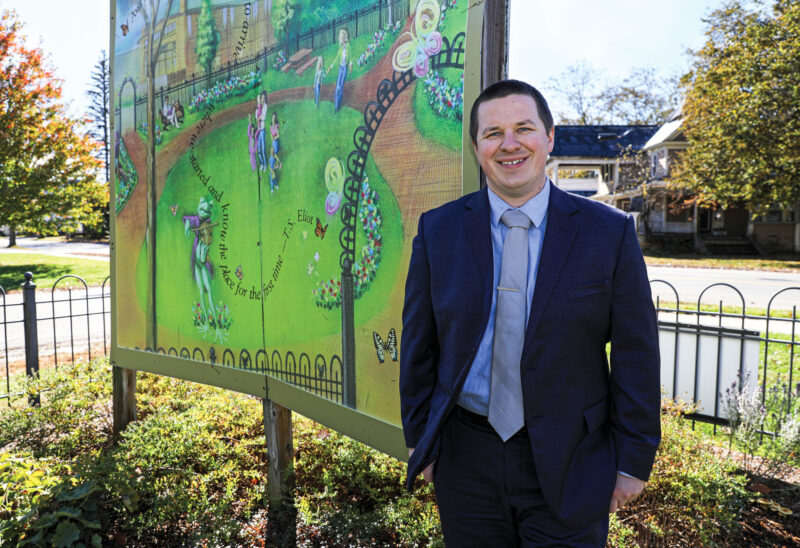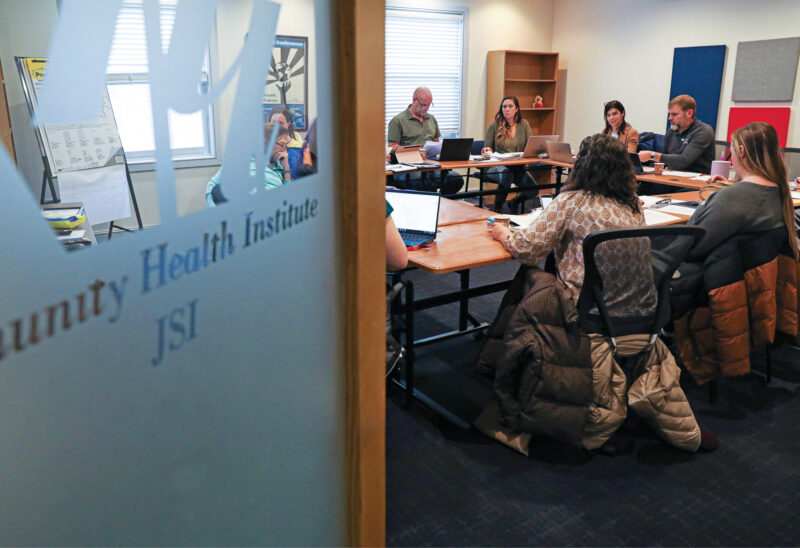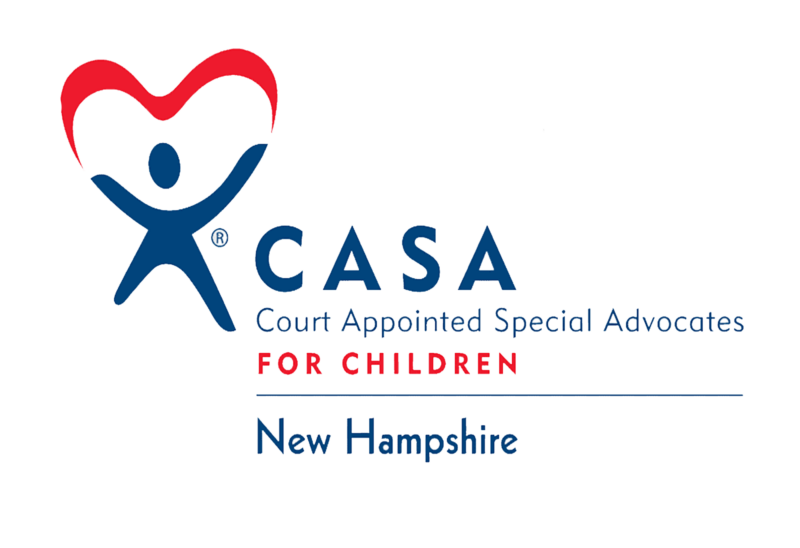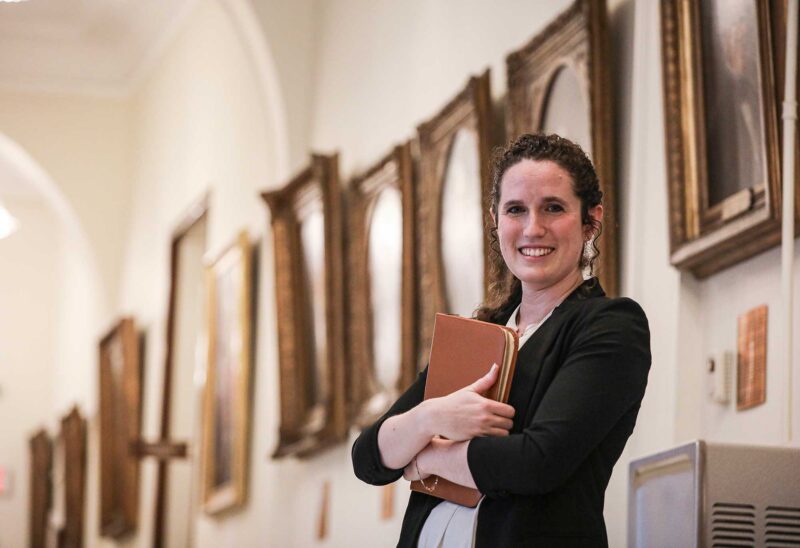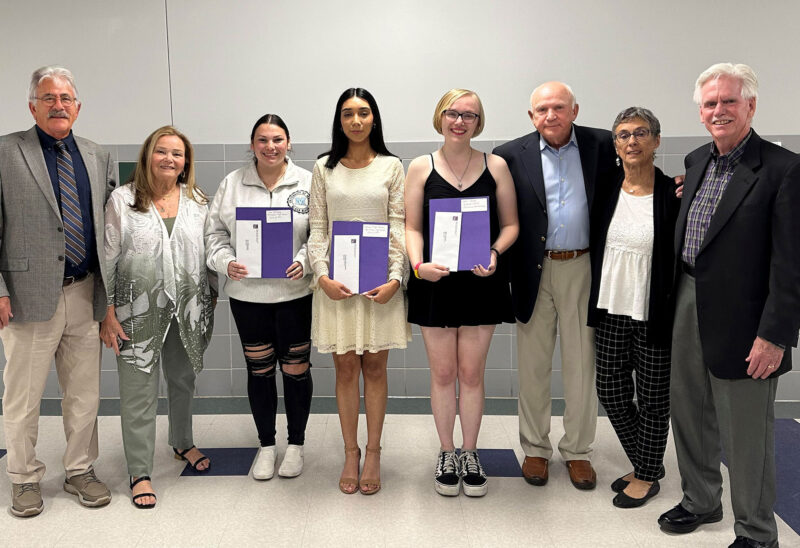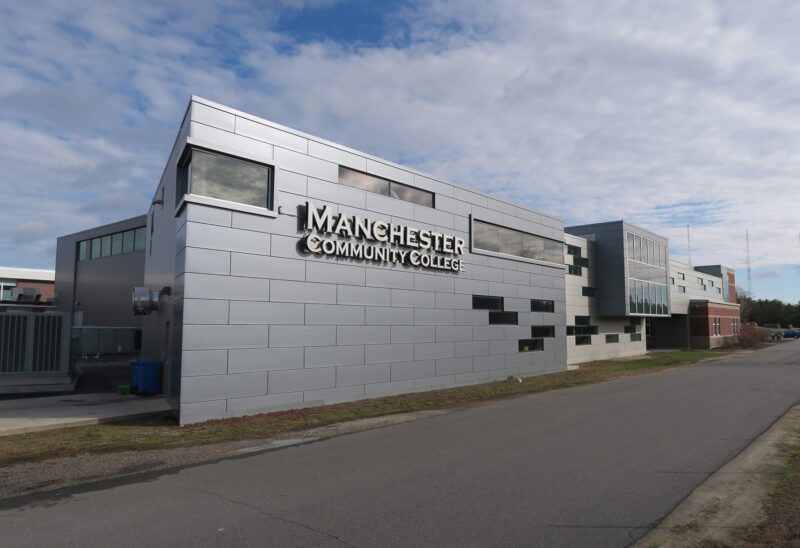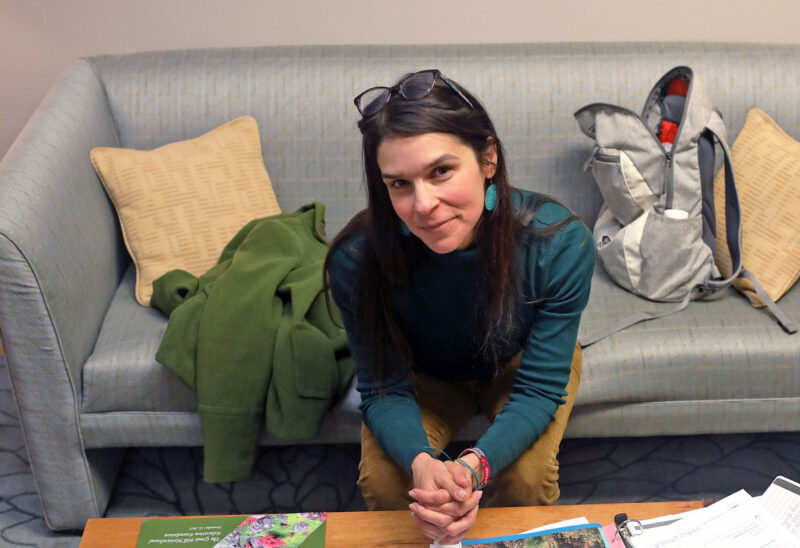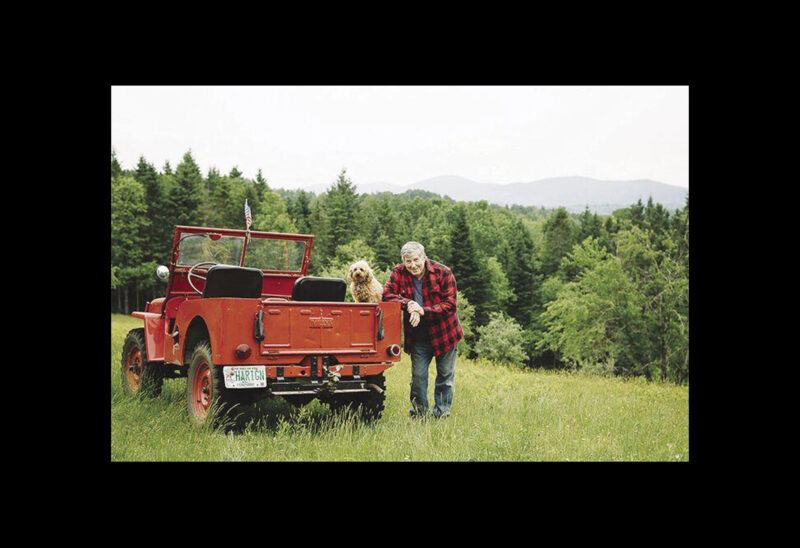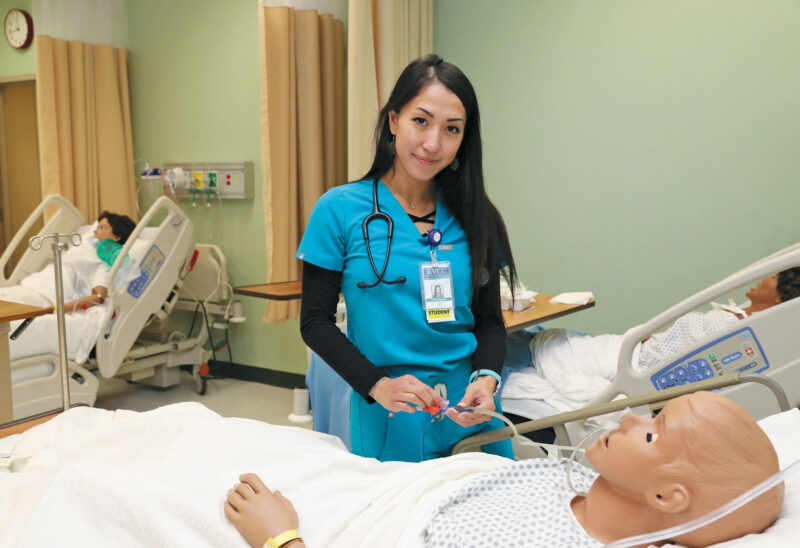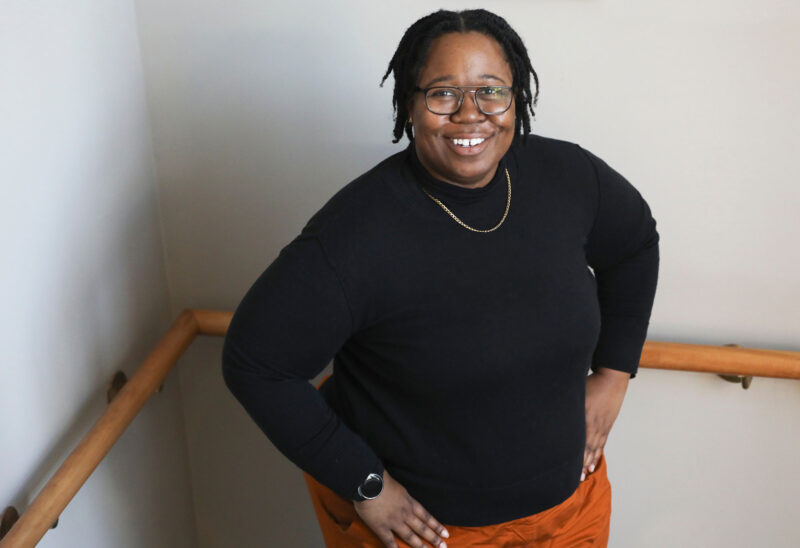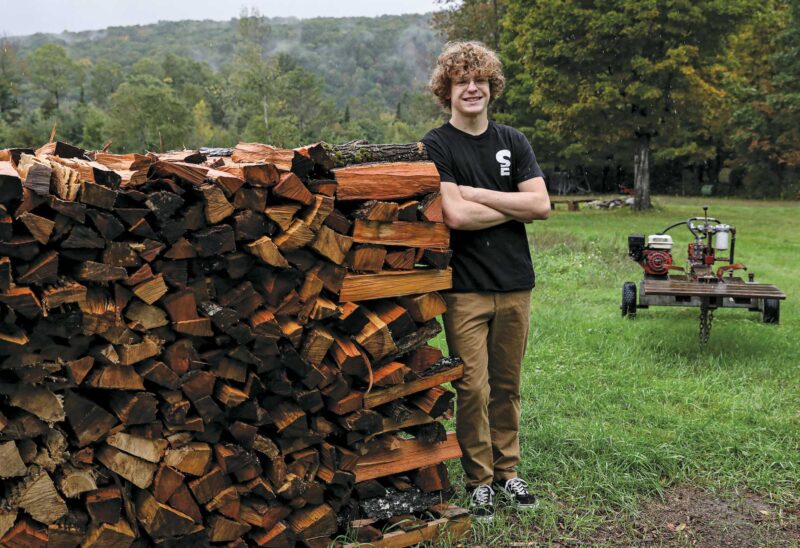I was wading deep into a wonk-fest of a report about economic mobility. Suddenly, the authors were writing about my mother:
“We think one of the most direct ways to reduce poverty, and possibly to increase economic mobility, is to help single mothers work and to improve their skills so they can earn higher wages.”
If you asked my mother what she did for a living, this is not what she would say. But it is her legacy.
My mother taught nursing at a community college for 30 years. That makes her a one-woman anti-poverty machine. My mother is 102 pounds of pure economic-mobility-generating muscle.
At the New Hampshire Charitable Foundation, we are working to narrow the “opportunity gap” — the unequal access to opportunity that keeps too many people from being able to climb the economic ladder to a better life for themselves and their kids. My mother has spent her life doing the same thing.
My mother’s students — numbering in the thousands over the years — were often single moms. These women worked, had small kids, and somehow managed to get through a grueling two-year program that allowed them to become registered nurses. Registered nurses make good salaries, with good benefits, at rewarding jobs. That degree was their ticket, and their children’s tickets, up the economic-mobility ladder. Being able to accomplish it in two years made it possible for them to even consider doing — and sometimes made it feel impossible to get through.
But my mother was one of those teachers who would be damned if a single student got left behind.
At our house, the phone rang at all hours. Students needed help with the material. Students were panicking about exams. Students were dealing with abusive ex-husbands. My mother helped students through childbirth. She threw christening parties for their babies. She helped students through chemotherapy. She organized study groups and taught mindfulness to prepare for exams before anybody knew to call it that. I watched, more than once, students come to my mother in crises of confidence, ready to quit. She would set her jaw and narrow her eyes and simply not allow it. And then she would lead these women to discover strengths and abilities they didn’t know they had.
If my mother felt that anyone — another professor, or a medical colleague — had treated a student unfairly, she would fight for that student like a wolverine defending its young.
And you do not want to mess with my mother when she is in wolverine mode. Trust me.
My mother taught nursing at a community college for 30 years. That makes her a one-woman anti-poverty machine.Tweet This
When a student who graduated the program could not afford the board exam that would allow her to get a nursing license and start working, my mother dug into her (not deep) pockets and paid the exam fee herself.
My mother knew the stakes.
Her own mother had risen from poverty with a nursing license. During the Great Depression, my grandmother’s salary supported her entire family – father, step-mother and siblings. My mother’s nursing teacher’s salary bought our house and put clothes on our backs and food on our table. It bought my books and bicycles and music lessons. Her salary helped me through college and grad school and helped me buy a home and, ultimately, support my own family. My mother knew, first-hand, that her students had gotten a toe-hold up on the economic ladder for themselves and their children by getting into nursing school. She was not about to let them slip off.
She worked punishing hours. On “clinical days,” mom rose at 4:30 a.m. to meet her students at the hospital at six. She would be responsible, at the hospital, for the work of 10 student-nurses. Mistakes in this context were not only unacceptable, but dangerous. And it was all on her. She would come home, exhausted – and then sit at the dining room table until long after the sun went down, correcting “nursing care plans” in red pencil until her hand cramped.
I remember her exhilaration every May, when she would come home from “pinning,” the ceremony where a class of new nurses had the professional nurses’ insignia pinned to their crisp, white uniforms. She had earned that exhilaration.
More times than I can remember, I have had nurses recognize my name (I am named after my mother.) “Your mother,” they would say to me, “was the best nursing instructor I ever had. Your mother got me through nursing school.” (My mother would say, of course, that they had gotten themselves through.)
That economic mobility report refreshed my perspective on what that meant. Not just for those women, but for their children, and their children’s children.
So this Sunday is Mothers’ Day. It’s a holiday my mother actually hates. “Obligatory” she calls it, “a greeting card holiday.” Blah, blah, blah. Too bad, mom. Because here’s the thing: Happy Mothers’ Day. You have truly changed the world.

